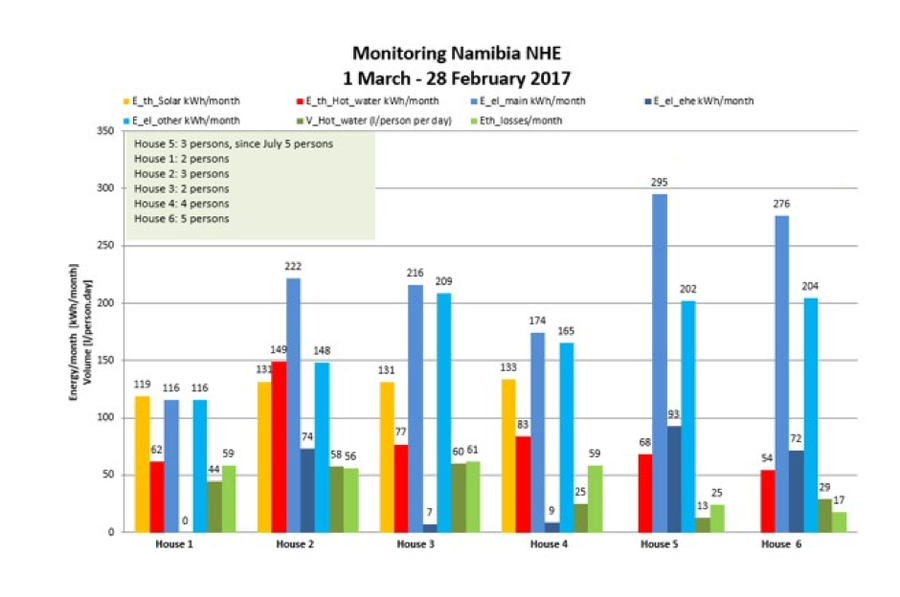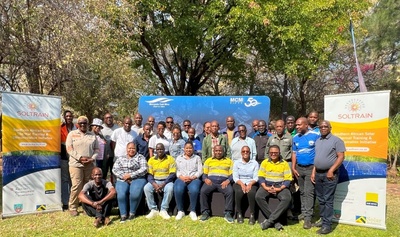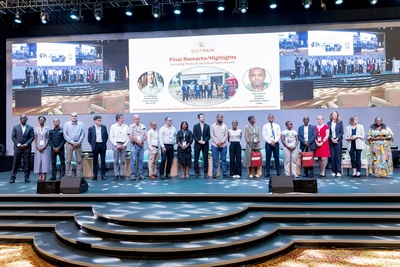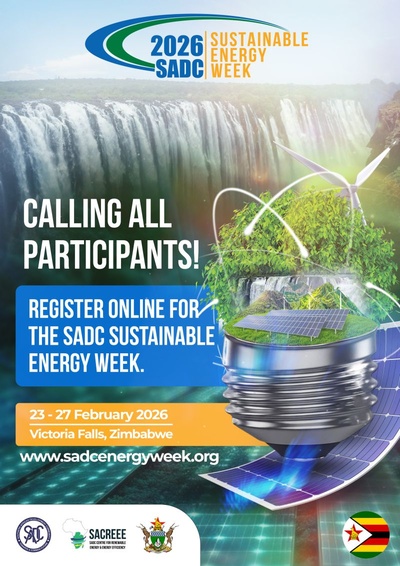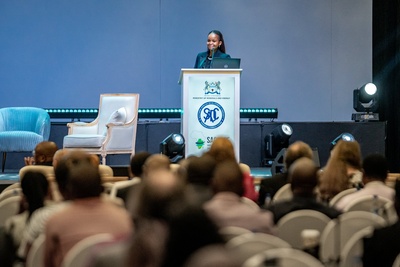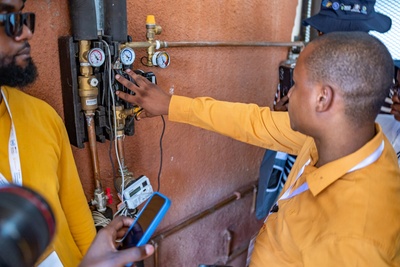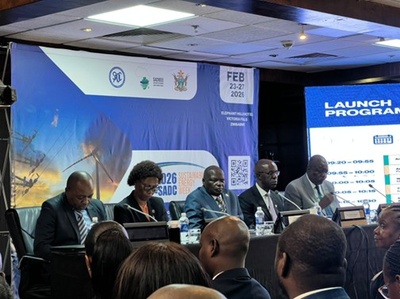Data monitoring and analysis
Submitted by Helvi Ileka and Fenni ShidhikaPublished 8 years, 7 months ago
SOLTRAIN has financed monitoring equipment that is now installed at four of the 62 houses equipped with solar water heating systems (SWH), and at two houses meeting their hot water requirements through electric geysers. The low cost houses low cost were constructed by the National Housing Enterprises (NHE), in Otjomuise, Windhoek. Additional monitoring equipment has also been installed at a residential house in Dorado Park and at Joe’s Beer house.
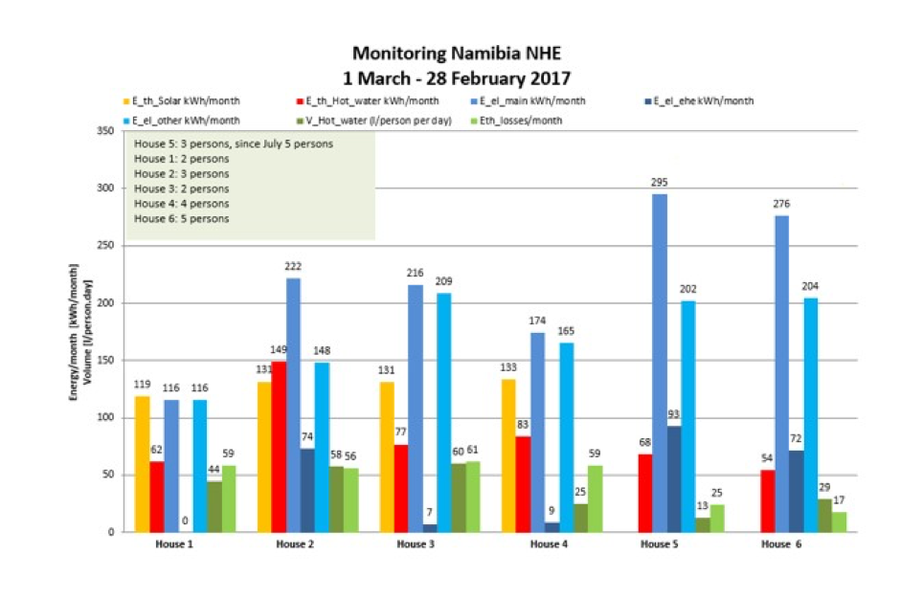
Existing monitoring equipment which was installed under SOLTRAIN I at Katutura hospital has also been revived after a system refurbish in 2015, with the antenna of the modem being extended in order to alleviate data transmission problems.
The results of the data analysis of solar water heaters at NHE houses were presented at the “Revision of the Blueprint and Development of a Strategy to Guide the Implementation for the Mass Housing Development Programme”, that was held at Namibia University of Science and Technology (NUST) in late March, 2017.
Two bachelors students in the electrical and computer engineering field at NUST are at advanced stages of writing up their final research projects using the NHE housing project’s data.
Collected data was computed to determine the harvested solar energy, the hot water consumption, and the share of additional backup electrical consumption, and was compared to the main total consumption at the houses. The results of the computation are shown in figure 1 for all 4 houses equipped with thermosiphon solar water heaters, and two with conventional geysers.
Summary of the data analysis:
If a solar water heating system of the correct size is installed, no electrical backup is needed as can be seen with House 1 that used 100% solar power to heat up the water from March 2016 to February 2017. In contrast, House 2’s SWH system is under-designed, resulting in the need for an additional 74 kWh to heat up the water with an electrical backup element, representing 33% of total energy consumption.
Other information that came to light was that the hot water demand per person is between 13 and 60 litres per day, and that overall electricity demand for houses without solar systems is significantly higher than for houses with a SWH system installed.
